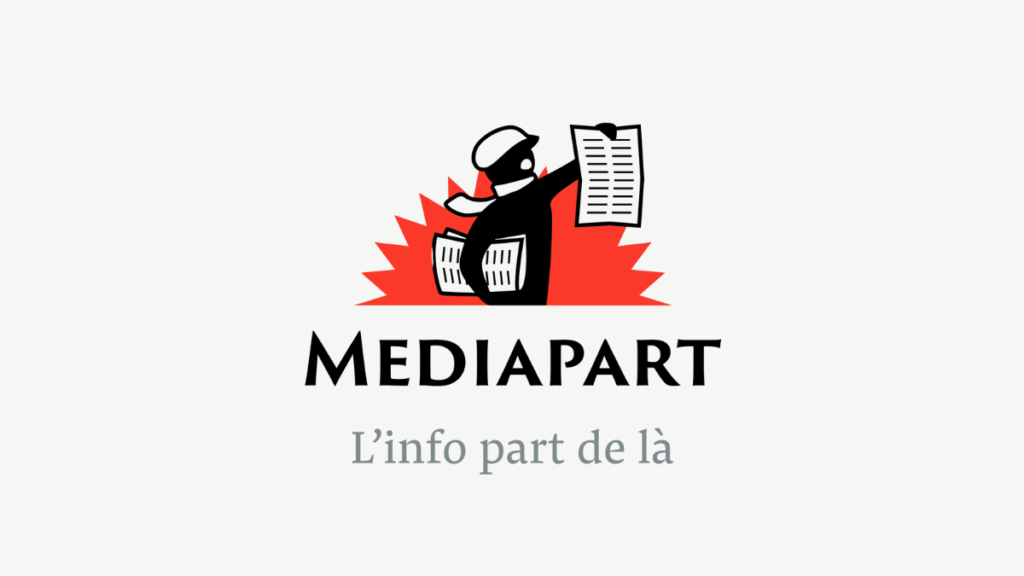Un géant français de l’hôtellerie profite de la répression ouïghoure au Xinjiang

August 13, 2025 | Mediapart (Billet de Blog) | By Gulbahar Haitiwaji, Peter Irwin, and Henryk Szadziewski (translated from the original article in French)
These days when I think about Xinjiang, my homeland, I usually don’t think of luxury hotels. I think about the cold cement floor I was forced to sleep on inside an internment camp. I remember the lights that never turned off, the interrogations, the propaganda sessions, the injections I never consented to. I remember being told I was a terrorist for simply being Uyghur.
In the same region where I was imprisoned from 2017 to 2019 because my daughter had attended a pro-Uyghur human rights protest in France, Accor—the French multinational hospitality giant—is building upmarket hotels.
In 2021, France’s National Assembly recognized China’s treatment of Uyghurs amounts to genocide and crimes against humanity. It was a powerful statement. But what does that recognition mean when one of France’s flagship companies is profiting from the very region where those crimes are taking place—and the French government says nothing?
According to a new 2025 report, by my co-authors at the Uyghur Human Rights Project (UHRP), Accor is one of several major international hotel brands expanding operations in Xinjiang, even as the United Nations and numerous governments document ongoing crimes against humanity.
While other industries have begun to pull back—Volkswagen and BASF, for example, recently exited the region—Accor is deepening its presence. The company currently has 15 hotels operating in Xinjiang, with at least one other under development.
More than problematic operational presence, UHRP found direct and indirect connections between Accor and forced labour programs. Accor’s Grand Mercure Ürümqi Hualing hotel benefited from “labour transfer” initiatives, which experts conclude are a massive program of forced labor and deeply intertwined with state-led strategies of control, assimilation, and securitization. In 2017, the hotel signed employment agreements with students from a government-backed labour transfer program for direct placements at the hotel. Additionally, the hotel’s management company, Hualing Group, received over 160 “surplus minority laborers” through a government-run poverty alleviation program, further deepening Accor’s exposure to forced labor risks.
Moreover, in 2014, Accor signed a long-term strategic partnership with the Chinese company, H World Group, which has directly benefited from Uyghur forced labor through a program called “Xinjiang Aid.” Xinjiang Aid has similarly been identified by experts as a high-risk indicator of Uyghur forced labor.
H World has received Uyghur laborers and trainees through government-run “poverty alleviation” schemes, including partnerships with vocational colleges and facilities that have been linked to internment camps. Through “order-based training” and mass labor transfers, Uyghurs have been forcibly assigned to roles in hospitality and tourism, sometimes at Accor-branded properties.
H World remains Accor’s master franchisee in China, responsible for developing and operating key brands such as Grand Mercure, Mercure, and ibis—including in Xinjiang. That makes Accor complicit in a system that not only whitewashes repression but may also benefit from it.
Accor’s Mercure Urumqi High-Speed Railway Station hotel, opened in 2023, is located on land administered by the Xinjiang Production and Construction Corps (XPCC), a paramilitary organization sanctioned by the U.S., U.K., and European Union between 2020–21 for its leading role in the repression of Uyghurs. The XPCC has been directly implicated in mass internment, forced labor, and the implementation of surveillance and assimilation campaigns—amounting to crimes against humanity. By operating on XPCC-controlled territory, Accor risks entrenching and legitimizing a system of systematic abuse and state-sponsored coercion.
These are not legacy projects. Accor’s decisions were made well after governments, journalists, and human rights organizations raised alarm bells about mass internment, forced labor, cultural erasure, and family separation in the Uyghur region. In 2022, Accor announced a master franchise agreement with Sunmei Digital Intelligence Group to debut and develop the “Mövenpick by Accor” brand across China, including at least one new hotel to open in Kashgar in 2025.
Meanwhile, survivors of the internment camps live with the trauma of what happened in those very cities—cities where Accor is now welcoming business travelers and tourists.
UHRP’s investigation documents a clear pattern of human rights risks across international hotel operations in the region: hotels built on land where Uyghur homes or mosques once stood, hotels operated by Chinese partners with ties to state-owned enterprises responsible for repression, hotels hosting propaganda events that paint a false picture of peace and prosperity. These businesses don’t just ignore the abuses—they help paper over them.
Some companies claim they’re not directly involved because their hotels are run by Chinese franchisees. But when a global brand licenses its name, it lends credibility—and draws profit. In Xinjiang, that legitimacy helps Beijing promote a false narrative of stability, encouraging tourism and foreign investment while the region remains one of the most heavily surveilled places on Earth.
This is not simply a business decision—it’s complicity.
And it exposes a deep inconsistency between what Western governments say and what their companies do. The United States passed the Uyghur Forced Labor Prevention Act, limiting imports linked to Xinjiang. The U.K. Parliament and French lawmakers have called out China’s abuses in strong terms. Yet companies based in these very countries—like Accor—are expanding in a region where atrocity crimes are ongoing.
The Chinese government understands this contradiction. The presence of international hotel chains like Accor serves as physical evidence that Western outrage has limits. That business will continue as usual—even as Uyghurs are imprisoned, abused, and silenced.
The solution is clear: companies must end their operations in Xinjiang. And governments must hold them to account when they refuse.
France has a choice to make. It can stand by its declaration that a genocide is taking place—or it can allow its most prominent corporations to undermine that very stance through silence and profit.
